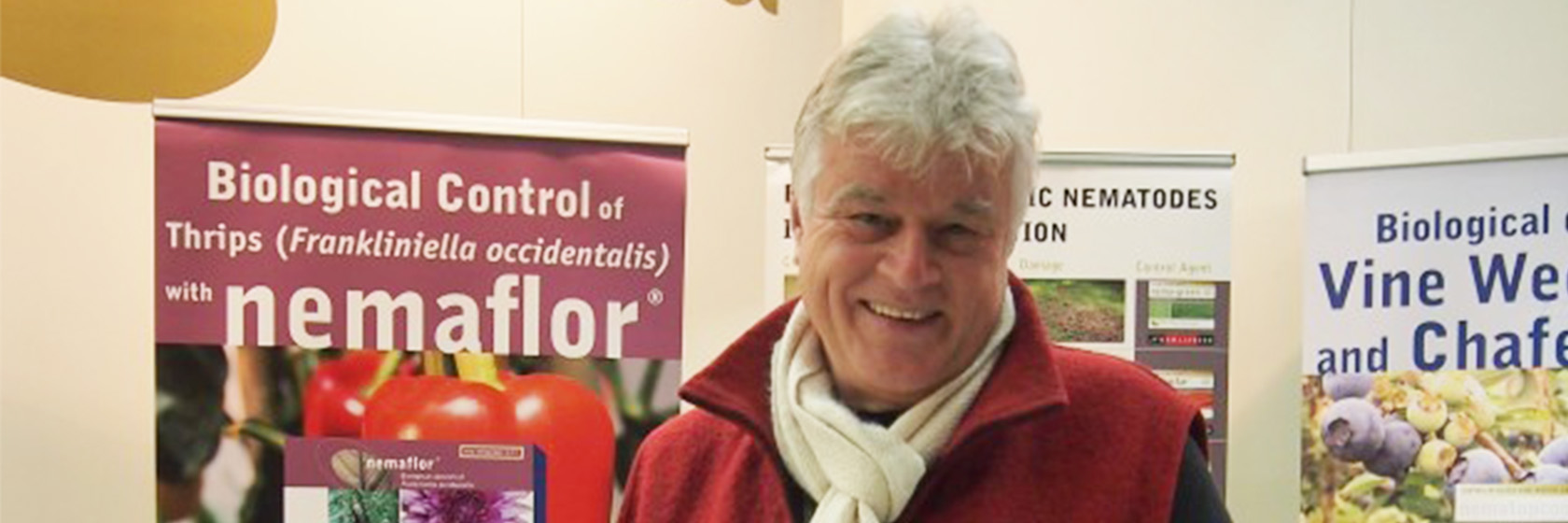e-news
CRISIS OF PLANT PROTECTION - Part 2

April 2023 - A commentary on the topic by Prof. Dr. Ralf-Udo Ehlers (e-nema GmbH)
Does the approval procedure for biological plant protection products hinder structural change in agriculture?
Yes, because
- despite extensive evidence that biocontrols are safe products
- despite decades of experience in the safe use of biocontrols
- despite a long history of using biocontrols without harm to humans or the environment
the EU Commission maintains approval procedures that prevent market access for biocontrols, or threatens to remove biocontrols from the market as well.
Although politics is giving signals that something could change:
EU Commission Regulation (EC) No. 1107/2009 already stipulates that priority must be given to non-chemical plant protection products.
Cornerstone of the EU Commission paper "F2F" ("Farm-to-Fork") is the reduction of the use of chemical pesticides by 50% by 2030 (EC Comm. 2020/381).
In 2021 the German government's Commission on the Future of Agriculture (ZKL) recommends "the further development of biological crop protection methods" .
Just to name a few examples....
But what is being implemented in practice?
Unfortunately, nothing that would make biocontrol products more available.
Are these all just worthless phrases and lip service?
The EU and its member states are keeping dangerous plant protection products on the market longer (e.g. substitution candidates, i.e. active ingredients to be replaced by lower-risk ones if possible).
They make market access more difficult for biological agents through excessive data requirements. (e.g. EC-Regulation 2022/1439 - information for active substances and data requirements for microorganisms).
This makes the member states and the EU itself a risk factor.
The procedure for approval and risk management thus generates more harm than good.
And it prevents innovations.
Biocontrol has the potential to become one of the most important factors in reducing pesticide use!
Pesticide residues in food imported from EU member states decreased dramatically from 2005 to 2009. This decrease coincides exactly with the introduction of organic practices in vegetable production in Mediterranean countries.
In Spain, for example, over 40,000 ha were converted to the use of beneficials. After no single insecticide was effective anymore due to pest resistance to insecticides, beneficials were subsequently used in Southern Europe as well.